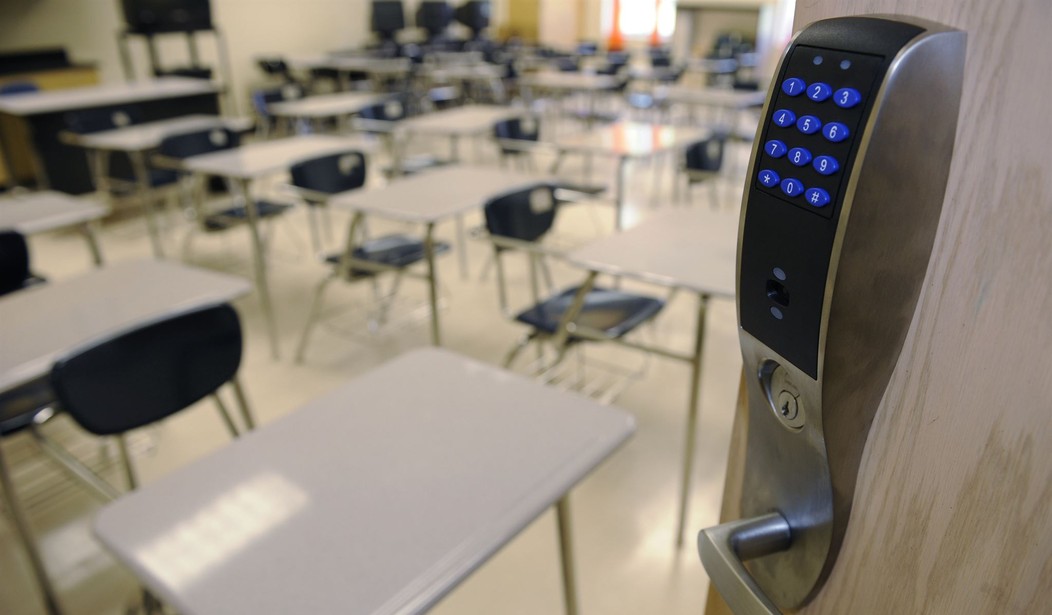The University of Washington's Information Technology department released an "inclusive language guide" outlining terms it considers to be "problematic" over concerns that the words are "racist, sexist, ageist, ableist, homophobic or otherwise non-inclusive."
The guide, created with input from "dozens of people" throughout the department, claims that "grandfather," "housekeeping," "lame" and "cakewalk" are among the "problematic words" that need to be replaced.
The term "grandfather" was deemed "problematic" because it was used "as a way to exempt some people from a change because of conditions that existed before the change" and due it originating in the American South in the 1890s "as a way to defy the 15th Amendment and prevent black Americans from voting." The guide asks that "legacy" or "exempt" be used in its place.
"Housekeeping," the guide claims, needs to be replaced because it "can feel gendered" because it "carries a fraught history and connotation of women's traditional domestic role as housekeepers." The department recommended that "maintenance" or "cleanup" be used instead.
The guide says that "lame," commonly a slang term for "uncool," is an issue because it is "ableist." and is often used "with a negative connotation describing the disability."
"This word is offensive, even when it’s used in slang for uncool because it’s using a disability in a negative way to imply that the opposite, which would be not lame, to be superior. This use is considered ableist," the guide reads.
Recommended
According to the guide, "weak" should be used as an alternative.
"Cakewalk" should be replaced with "easy," the guide says, because the term was "a pre-Civil War dance performed by enslaved people, and the winner of which would be given a cake."
Terms including the word "man," such as "manpower," "man hours," "mankind" and "guys" are to be avoided because they are "not inclusive" and are "thus sexist."
Words with "black" or "white" included, such as "blacklist" and "whitelist," are considered "problematic as well because "the use of the words 'black' for something undesirable, wrong or bad, and light or 'white' for desirable, right or good perpetuates concepts that have been used to oppress people of color."
"Preferred pronouns" is also listed as "problematic" in the language guide because the word "preferred" suggests that "a person’s pronoun is optional."
The phrase "spirit animal" is labeled as "problematic" because it uses "cultural appropriation," according to the guide.
The University of Washington Information Technology department recommended that its employees contact vendors who use the "problematic words and phrases" and ask them to refrain from using the "problematic" terms. The webpage offered a sample prompt for its employees to use when asking vendors to adapt to the language guide.
"The University of Washington works to foster an inclusive and welcoming culture for everyone in our campus community, and we wish to work with suppliers who share this desire," the prompt reads. "Unfortunately, in working with your product/service we have identified language that can be considered offensive due to its racist, ableist and/or sexist origins."
The prompt concludes, "Can you let us know what efforts you are undertaking to move away from this language so as to create a more inclusive product/service?"
























Join the conversation as a VIP Member